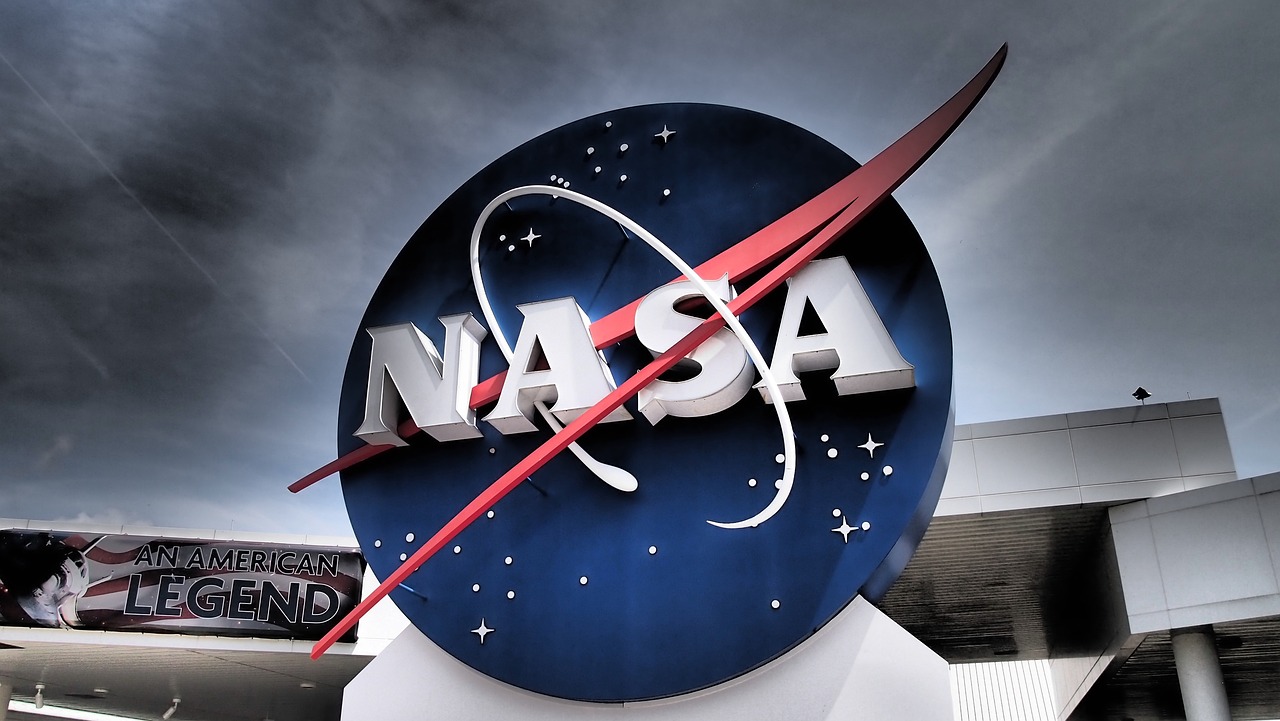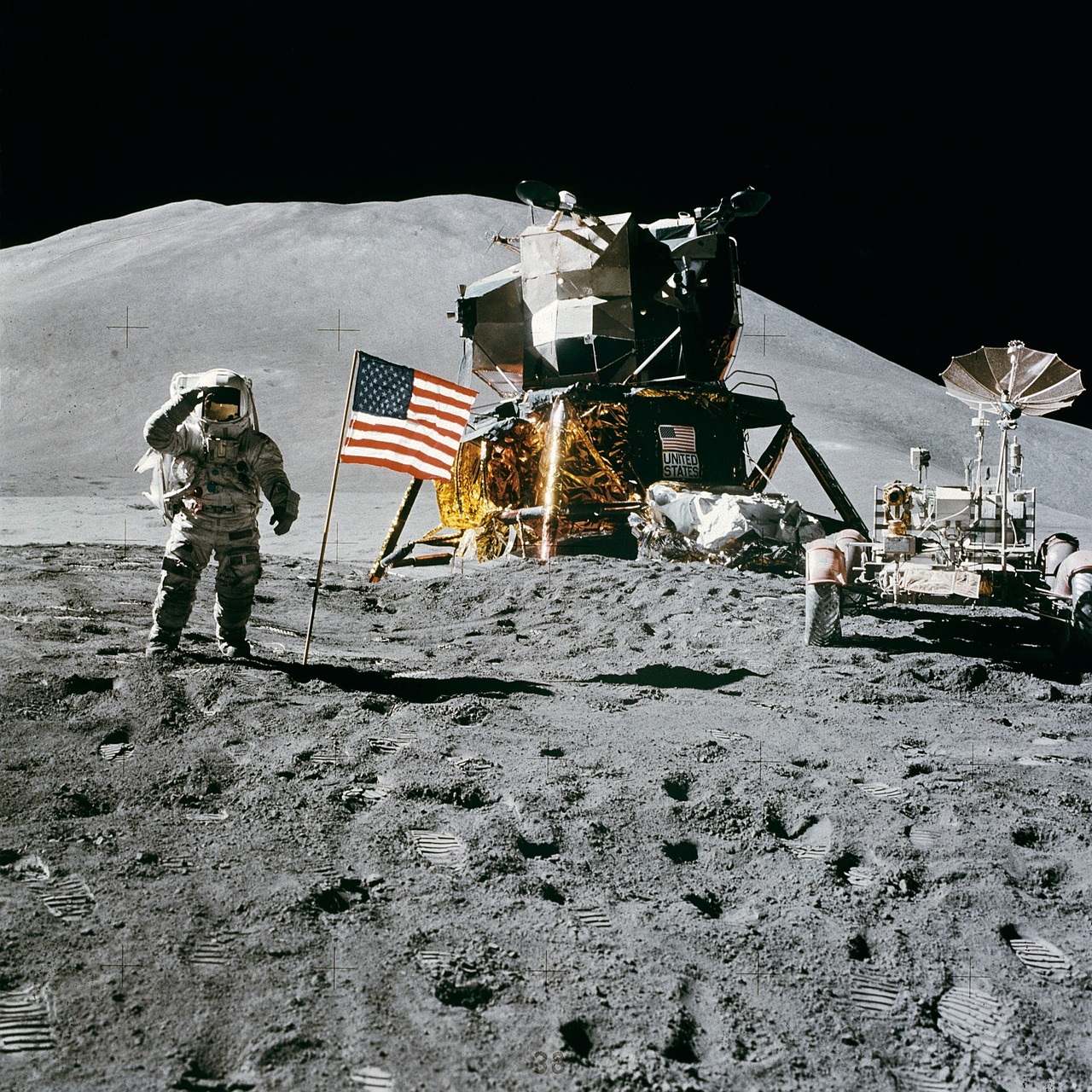Get ready for an extraordinary celestial event coming on August 2, 2027. Across the skies of North Africa, a total solar eclipse will unfold, promising not just a spectacle but also a record-breaking moment. This eclipse, the longest totality on land since 1991 and until 2114, is set to captivate observers with its stunning display.
While the duration of totality is often a point of fascination, the true magic of a total solar eclipse lies in its occurrence itself. Just a glimpse of the eclipsed sun on April 8, 2024, is enough to understand this. It's not merely about how long the totality lasts; rather, it's about experiencing the phenomenon firsthand.
On August 2, 2027, mark your calendars for this rare event. North Africa will be treated to the longest totality of the 21st century, lasting a remarkable 6 minutes and 23 seconds. What's more, the skies over the region are expected to be clear, offering optimal viewing conditions.
Strategically positioned near Luxor, Egypt, the "greatest eclipse" point adds an extra layer of allure to this celestial event. Luxor, steeped in the grandeur of Ancient Egypt, provides an ideal backdrop for witnessing the eclipse's magnificence. From Luxor Temple to the Valley of the Kings, visitors will have a plethora of attractions to explore alongside the cosmic spectacle.
As always, there are factors to consider when planning for such an event. Comfort and convenience must be balanced with the desire to witness the eclipse under clear skies. Egypt boasts a high probability of cloud-free viewing, although the scorching August temperatures, reaching up to 109 degrees Fahrenheit (43 degrees Celsius), may pose a challenge.
For those seeking alternative viewing locations, cruise ships, southern Spain, Gibraltar, and northern Morocco present viable options. However, with millions residing within the eclipse's path, including over three times the audience of the "Great American Eclipse" in 2024, this event promises to be a cultural phenomenon.
Meteorological analysis assures a near-zero chance of clouds in eastern Libya and western Egypt, offering a prime viewing experience. While dust may affect visibility, the dry environment ensures a rapid temperature drop during totality.
Additionally, regions like the southern Mediterranean Sea are expected to have clear skies, while areas like the Straits of Gibraltar may experience some cloud cover. It's essential to plan accordingly to maximize the chances of witnessing this celestial spectacle.
Following the August 2, 2027, eclipse, here are the dates and locations for upcoming total solar eclipses, providing ample opportunities for celestial enthusiasts to mark their calendars and experience the wonder of nature's grand performances.










